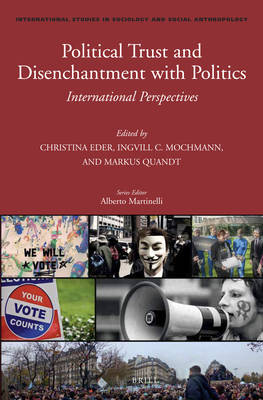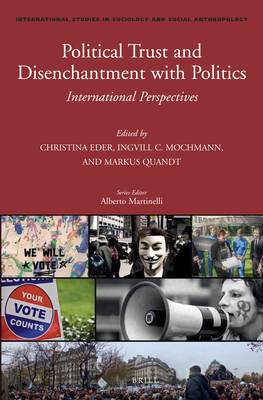
- Afhalen na 1 uur in een winkel met voorraad
- Gratis thuislevering in België vanaf € 30
- Ruim aanbod met 7 miljoen producten
- Afhalen na 1 uur in een winkel met voorraad
- Gratis thuislevering in België vanaf € 30
- Ruim aanbod met 7 miljoen producten
Zoeken
Political Trust and Disenchantment with Politics
€ 198,95
+ 397 punten
Omschrijving
Political Trust and Disenchantment with Politics contributes fresh empirical findings to research on the relationship between trust and participation. The results indicate that the citizens of European societies and beyond are far from an universal retreat from the political sphere.
Specificaties
Betrokkenen
- Uitgeverij:
Inhoud
- Aantal bladzijden:
- 240
- Taal:
- Engels
- Reeks:
- Reeksnummer:
- nr. 125
Eigenschappen
- Productcode (EAN):
- 9789004263949
- Verschijningsdatum:
- 1/12/2014
- Uitvoering:
- Hardcover
- Formaat:
- Genaaid
- Afmetingen:
- 159 mm x 242 mm
- Gewicht:
- 498 g

Alleen bij Standaard Boekhandel
+ 397 punten op je klantenkaart van Standaard Boekhandel
Beoordelingen
We publiceren alleen reviews die voldoen aan de voorwaarden voor reviews. Bekijk onze voorwaarden voor reviews.







